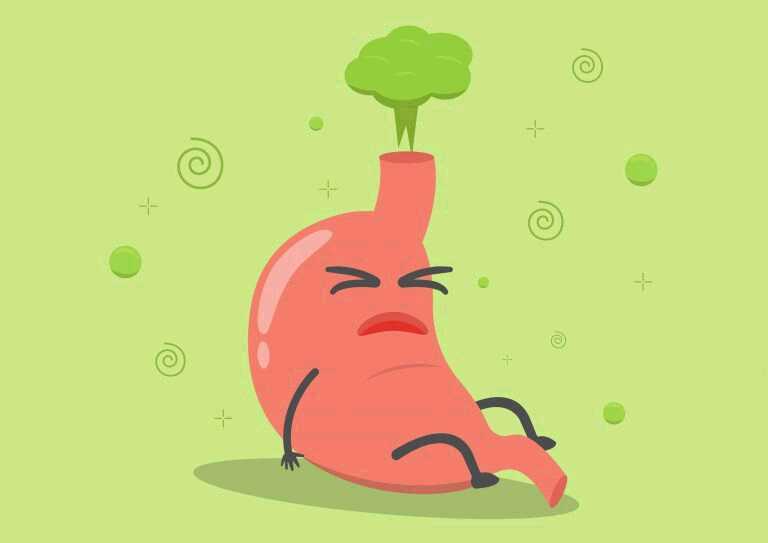
Imagine sitting down to a meal of roasted veggies, grilled steak, and a slice of yummy blueberry tart. Only, you start to feel full, bloated, and uncomfortable after just a few bites. If you push yourself, those symptoms will worsen and even lead to you being physically sick.
This frustrating experience happens to a lot of diabetics, especially those with type 1 diabetes. The symptoms usually indicate gastroparesis, also known as delayed gastric emptying syndrome.
But, why does it happen?
Naturally, you’re familiar with the neuropathy that can develop from chronically high blood sugar. This complication affects all of the body’s systems although it can affect different parts of the body for different people. Eventually, high blood sugar can damage the vagus nerve, a major nerve system in the body that is responsible for controlling several involuntary processes. For instance, the vagus nerve sends signals to the stomach to contract and send food into the intestines.
When the nerve is damaged, this signal may not get through anymore or work as well.
Unpleasant Symptoms that Hinder Digestion
Those who have delayed gastric emptying will deal with a range of symptoms. Mild gastroparesis just means that food may not leave the stomach as quickly as normally. Severe gastroparesis renders you unable to digest food through the stomach at all.
Of course, there are a few other symptoms you should keep an eye out
for:
- Bloating and abdominal pain
- Lack of appetite
- Feeling full for several hours after eating
- Acid reflux symptoms

If you’re experiencing more than one of these on a regular basis, you may want to speak with your doctor.
What Can You Do To Treat It?
Getting your blood sugar levels under control will help stop any further damage to the stomach and vagus nerve. Your doctor may also be able to prescribe medication that encourages stomach contractions to ease digestion after meals.
Furthermore, you can reduce the amount of food you eat at a time. Try switching to six small meals a day as opposed to three normal-sized meals. This may ease your symptoms a bit.
References